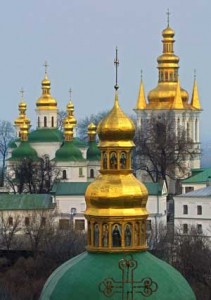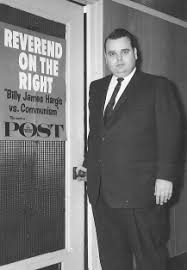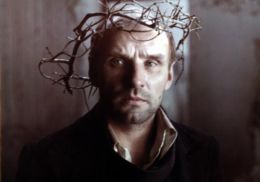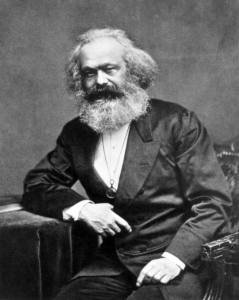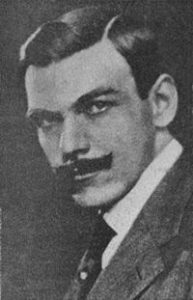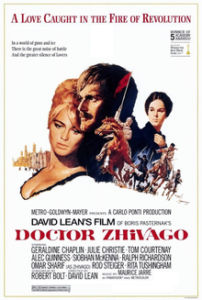English original here
Traduit par Ulrich Duca
Dans mon débat avec E. Michael Jones sur la guerre en Ukraine, ma déclaration d’ouverture affirmait que les nationalistes en Occident — et en fait, à travers le monde — devraient soutenir l’Ukraine contre son envahisseur, la Russie. E. Michael Jones a affirmé que les Occidentaux ne devraient pas soutenir l’Ukraine. (more…)
